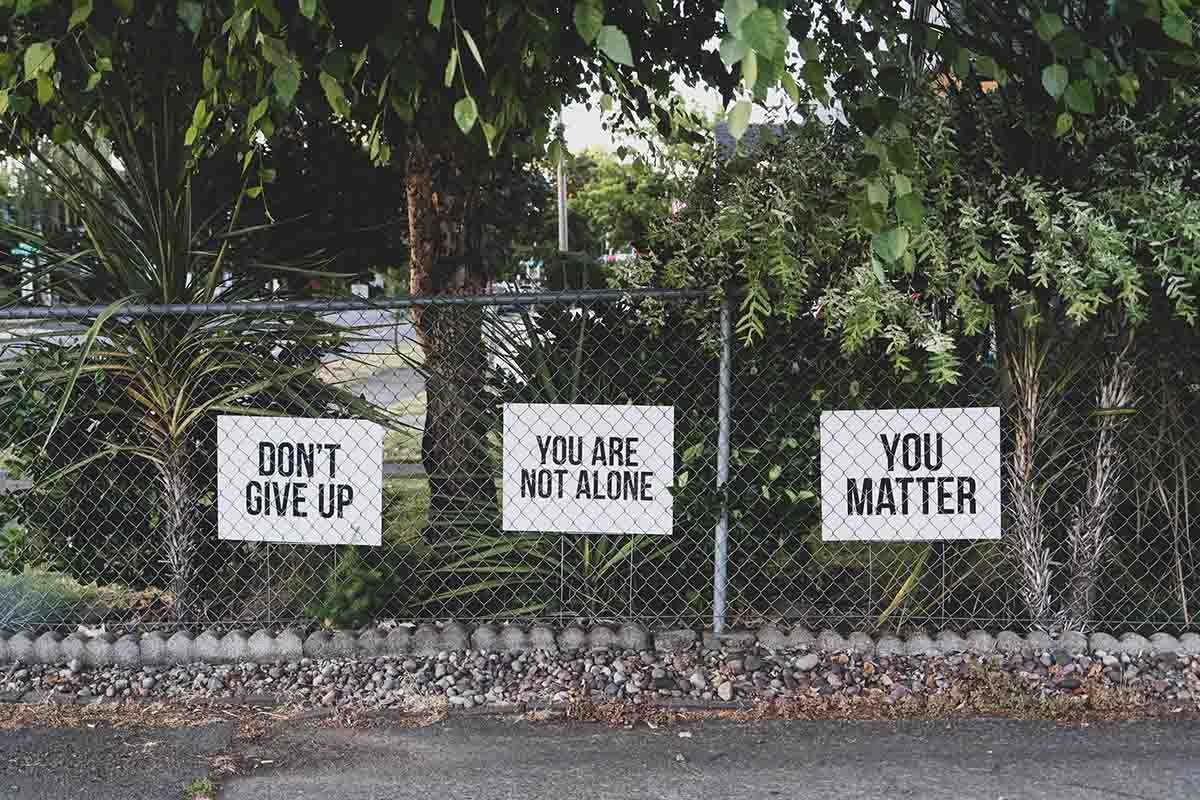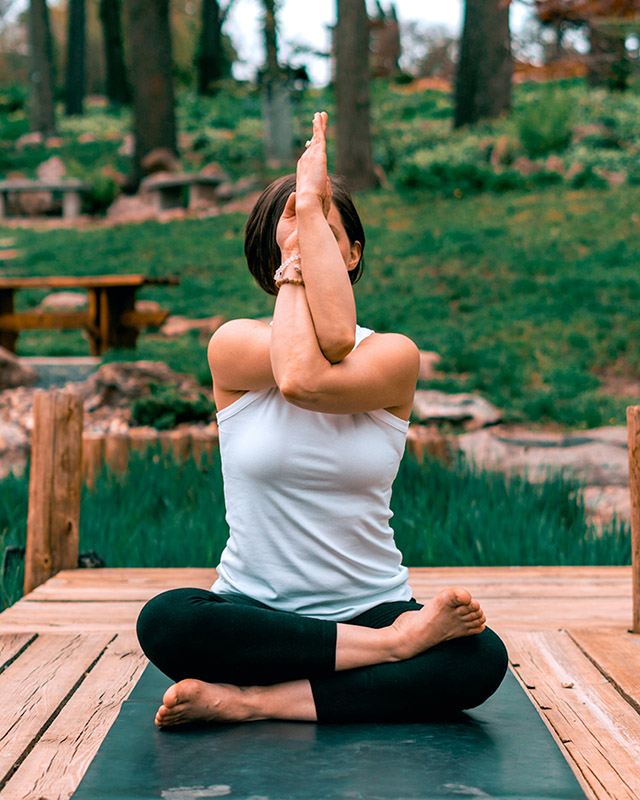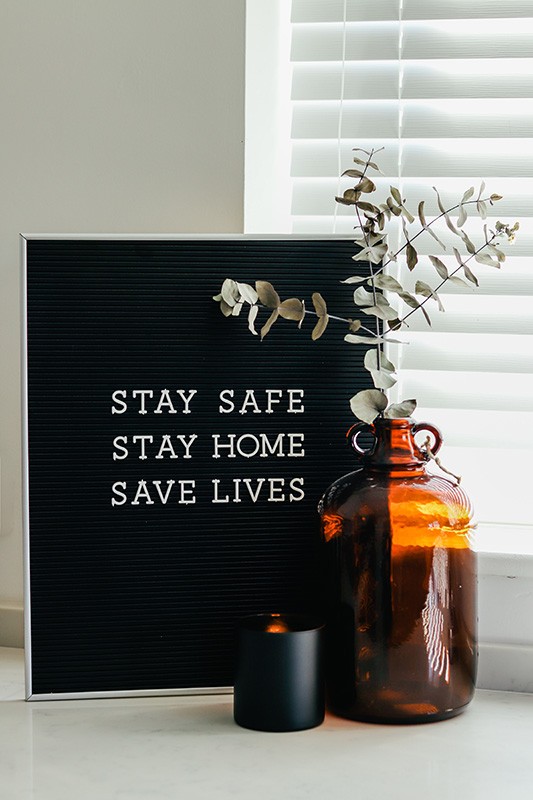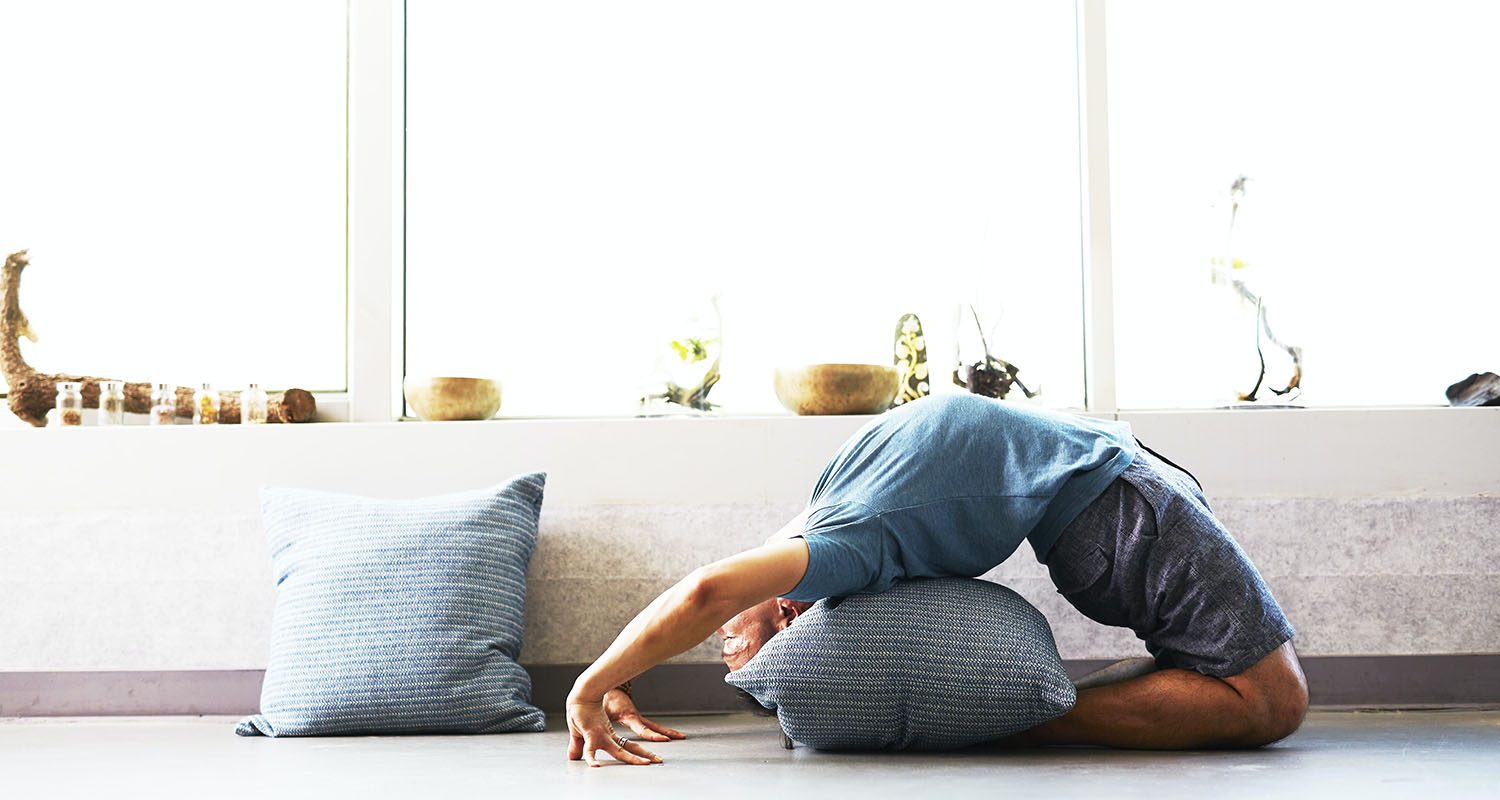







Mental health is a highly discussed, ongoing topic amongst one and all, more than ever before and mental health during Covid-19 lockdown played a crucial role when getting accustomed to the post- lockdown lifestyle by many. Based on scientific research and studies, human beings are inherently social animals who naturally seek companionship of others, to improve their own well-being and their brains are often adapted to be surrounded by others as a baseline.
Oftentimes they tend to seek others when in need or if lonely, which will eventually drain the mental stability of oneself, due to the constant seeking of interactions. The absence of these interactions when required, will lead to mental collapse eventually and these circumstances bring about physical ailments such as hearts diseases and diabetes. Scientific research also reveals that loneliness and isolation can lead to shortening of life where it also has an equivalent impact on being obese or getting addicted to harmful practices such as smoking, especially during lockdown, which was continuing for months.
During a pandemic, information overload or constant exchange of news from various sources, leads to the consumption of more information than necessary. These numerous information portals, which can be or cannot be reliable, will be a hassle in no time, which also can subsequently pave the way to stress and uncertainty, while wearing people down. The anxiety levels of individuals can rise up and researches show that many individuals who are confined to their homes during lockdown might feel trouble in their sleep and will be tired after reliving the same day time after time.
Mainly during the lockdown period, people can be suffering from several kinds of mental trauma, after recovering from the virus or due to the routine activities with repetition. More specifically, young adults would be subjected to uncertainty or being unconfident about the future proceedings of their own lives, as there is an unpredictability pertaining to the lifting of the lockdown.
One of the main aspects of mental health is how it affects individuals who are clinically diagnosed with depression and prolong psychological disorders. This category of people can be very vulnerable during the course of the lockdown, due to lesser human interactions and the elderly is another category that is majorly affected in a negative manner, as they are susceptible to these diseases more, due to dotage and lack of immunity.
Nevertheless, the health care workers and all the other first responders of every country were at an ineffable risk during this period of pandemic and their mental health was another stumbling block. Especially while being said that the vaccines will only decrease the activity and the effects from the virus, where it does not wholly eradicate the virus form earth, the public started to feel agitated, as the pandemic might be lasting among the communities indefinitely.
The general public was advised to adhere to several behavioral practices such as avoiding highly congested, public environments, enclosed areas and also to avoid the sick. Sources show that there was a possibility that the suicidal rates went up, but not an adequate amount of data was recorded all over the world with reference to suicides. It shows that due to better coping mechanisms and resilience, people were better prepared to mitigate what is mentally weighing them down.
The effects from the lockdown can be beneficial and obstructive simultaneously. The solidarity between the communities to comfort each other in time of distress and to have a feeling of solace, that everyone is experiencing similar circumstances is an optimistic point of view. The social stigma related to mental health and psychological well-being can be eradicated by blatantly conversing about it.
Best practices to keep your mental heath in check during lockdown;
These practices to build better mental health can be very much serviceable, even after lockdown.






